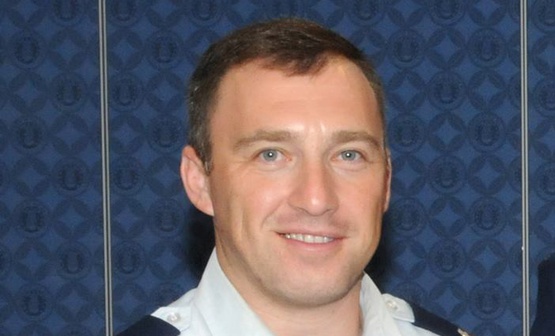Minister Arsen Avakov promises that the bills for the MIA reform will be ready in January next year. He proposes to begin with getting rid of spare human resources – due to the creation of a new police attestation system.
“Despite the difficult situation the budget is in, reforming law enforcement is a priority. Accordingly, both resources and money will go to it. The staff will begin to decrease, and quality and wages will grow. In order to change the situation in the country, to destroy corruption and call for a policeman to be responsible, it is necessary to pay them enough,” adds Avakov.
Expert: Ukraine needs a new law on police
According to an expert from the Reanimation Reform Package Oleksandr Banuchk, it is practically impossible to reform law enforcement without changing the legislative base. In particular, he says, a new police law should be written. Avakov proposes to rename the militia into police.
The new rules, according to Banchuk, should prescribe decentralization of law enforcement, so that its activity is subject to, for example, local communities. Besides, police activity should be depolarized. The expert adds that the Minister should remain a politician. However, a separate political institution with “a professional leader, so that their political persona does not influence police activity” should be founded. The third element is demilitarization of law enforcement.
“This will ensure the influx of new human resources. Depending on whether the government supports reform in a certain sphere, these actions may be an indicator – if they are realized or there is an attempt to realize them, it is the right way for reform. If we don’t see these things, it means that we are not talking about reform but the imitation of certain changes,” the expert adds.
According to the government’s action plan, the changes in the law enforcement system will be carried out under the motto “serve and protect” instead of “punish and cover.” The complex reform prescribes the formation of a number of new institutions. Ukraine will get a National Police, which will counter criminal activity and observe civil order. Expert Banchuk approves of this initiatives, to his mind, this may lead to the depolarization of the law enforcement system.
“De facto, the Internal Minister is now a political person, as he represents a political party, he oversees activity to the lowest level, he can approve orders. There is no such thing in a normal country. There is a professional leader, a chief or a general inspector of police. It is a professional policemen who had worked in the system for 20-30 years and who knows how to ensure order, how to investigate crimes. But they cannot represent any political power, so they can work for 5-10 years at the post regardless of the government and the Parliament,” the expert adds.
Besides, according to the coalition agreement, a Military Police will act on the basis of the Armed Forces: these servicemen will take on crimes in the army. Ukraine may also have its own detectives who will investigate crimes – all of this is written in the coalition agreement.
Former acting Internal Minister of Georgia Ekaterine Zguladze will assist Avakov in implementing reforms – she was already appointed first deputy to the head of the Ukrainian police by the Cabinet of Ministers.
“I welcome the Georgian experts in our reform team, including Eka Zguladze. I have already met with her several times, and I am very satisfied,” Avakov told Georgian TV company Rustavi-2.
“Change is possible even in a post-Soviet, corrupt system.” Zguladze is a politician with experience, as she had been deputy head of the Georgian MIA between 2005 and 2012, and then acted as the head of the Ministry during Mikheil Saakashvili’s presidency. Her colleagues note that she had actively participated in the radical reformation of Georgian internal government bodies.
Time will tell whether her experience will do the Ukrainian MIA good, Banchuk says.








